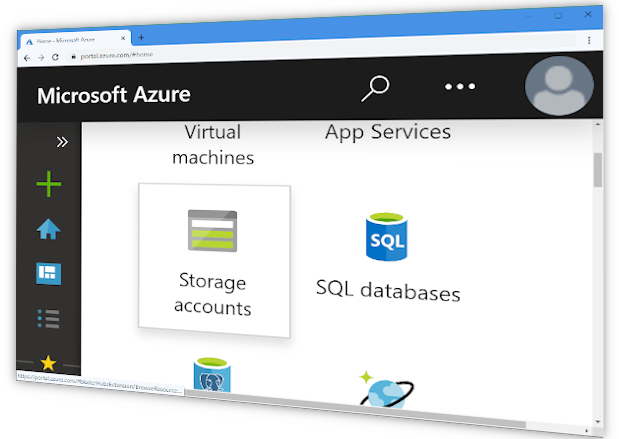Azure Files vs CentreStack: Simplifying Azure Migration

We recently had the chance to speak with JR Tinney, CIO for
BGB Group, a pharmaceutical company migrating from file servers in a private data center to Microsoft Azure. They had recently completed a merger with a company that already
completed their migration to Azure and this made them realize that moving data
from their servers into Azure would save them money, especially if they could
move the data into Azure Files or Azure Blob storage instead of hosted file
servers on Azure VMs.
 JR found us after trying to complete the migration with
Azure Files and hitting a roadblock when he realized that Azure Files would
only work when joined to the Azure AD domain. So he at first came to us looking
for a client that would map a
drive to Azure Files or map a
drive to Azure Blob storage. But he was really trying to solve a broader
set of issues which were all related to providing a seamless migration
experience that would not disrupt the company’s business.
JR found us after trying to complete the migration with
Azure Files and hitting a roadblock when he realized that Azure Files would
only work when joined to the Azure AD domain. So he at first came to us looking
for a client that would map a
drive to Azure Files or map a
drive to Azure Blob storage. But he was really trying to solve a broader
set of issues which were all related to providing a seamless migration
experience that would not disrupt the company’s business.
His challenges could be summarized with the following set of
points and questions:
·
Need to migrate file server data to Azure Files
or Azure Blob storage
·
Can’t disrupt 400+ workers connecting over VPN
to Windows shares via local AD
·
Azure Files can’t work because it requires Azure
AD
·
Is there an opportunity to simplify VPN access?
·
Can I do this with some sort of client for Azure
Files or Azure Blob?
·
How can I continue to leverage local AD during
migration?
·
How can I migrate permissions and users to
Azure?
In the end, JR was surprised how elegantly CentreStack
solved each of these problems with a solution that.
- Simplified remote access to Azure Blob storage with a mapped drive over HTTPS that can also connect directly to file shares to replace the VPN.
- Automatically migrates file share data and permissions to Azure Blob storage.
- Integrates with both local AD and Azure AD to facilitate user migration.



Comments